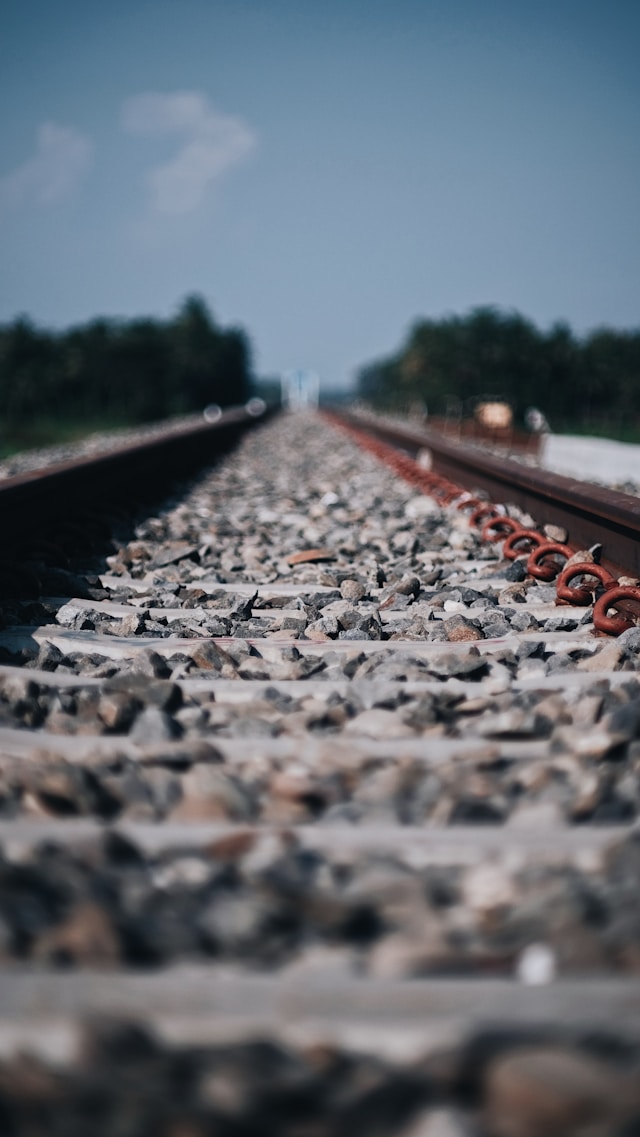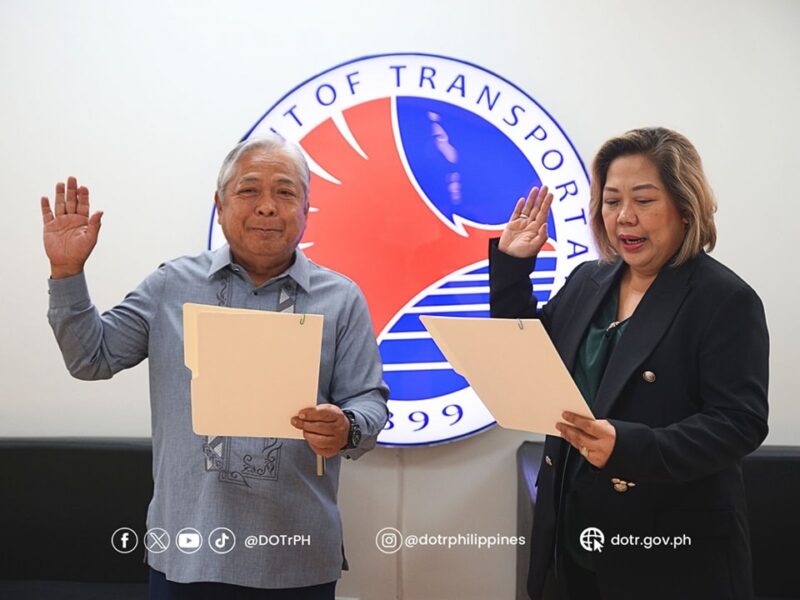-
Construction of the Subic-Clark-Manila-Batangas railway is set to begin in 2027
-
The railway is a flagship project of the Luzon Economic Corridor
-
The project design is on track for completion by 2026, with construction set to commence in 2027
Construction of the Subic-Clark-Manila-Batangas railway is expected to begin in 2027.
Trade Secretary Alfredo Pascual said the $3.2-billion railway is among the projects to be undertaken to boost activities in the Luzon Economic Corridor.
Speaking during the recent Philippine Economic Briefing Roadshow held in Tokyo, Pascual said: “The project design is on track for completion by 2026, with construction set to commence in 2027.”
The Luzon Economic Corridor is a result of the Trilateral Leaders’ Summit last April between the Philippines, the US, and Japan.
With a length of 250 kilometers, the project connects two parts, one in Subic and the other in Batangas, passing through Metro Manila.
READ: Subic to Batangas cargo railway eyed as Luzon Economic Corridor flagship project
Pascual said it will connect “major ports, industrial parks, special economic zones, and education and employment centers in the former US bases, the capital city, and a port province south of Manila.”
Besides the railway, the Clark International Airport will also be expanded as part of the projects to support the development of the corridor.
Further, construction of the Clark National Food Hub – another project in the works for the corridor – is expected to start in 2025.
The Clark National Food Hub will be a 64-hectare agriculture trading hub inside the Clark Civil Aviation Complex—operated by Clark International Airport Corp—that will support the national government’s vision to make the Philippines a leading agricultural resource hub in the region and the world. The project is designed to be the Philippines’ premium wholesale market and distribution hub for quality produce.
During the Japan roadshow, Pascual said the Philippines welcomes investments in Tier 1 activities, including all forms of recycling, privately-owned materials recovery facilities, wastewater treatments, and facilities for old public utility vehicles and industrial tree plantations.
For Tier 2 activities, value chains for green ecosystems, health care, defense, energy, food and agriculture are also welcome.
Pascual also said the Philippines is “particularly keen on investments in electric vehicle assembly, renewable energy, electronic devices like wearable solar devices, integrated circuits for smart grid, bioplastics and biopolymers,” among others.









